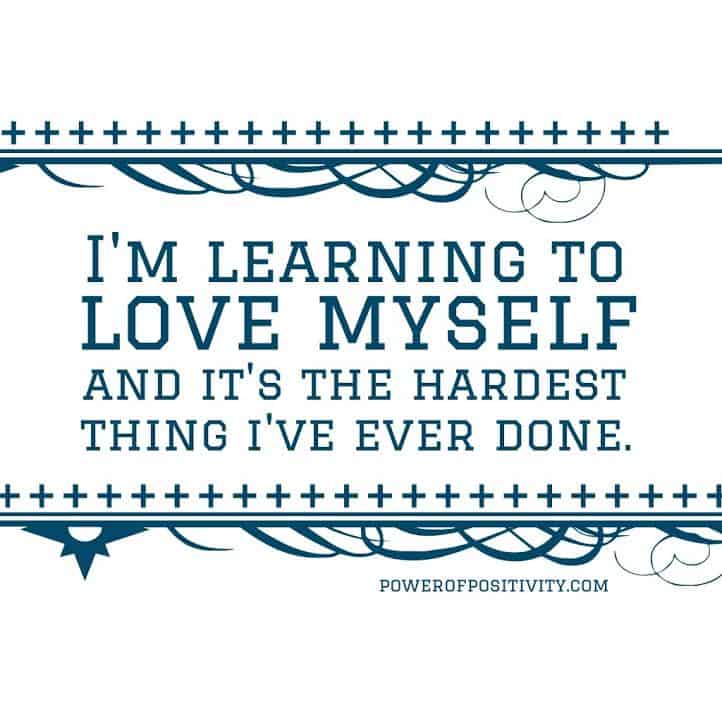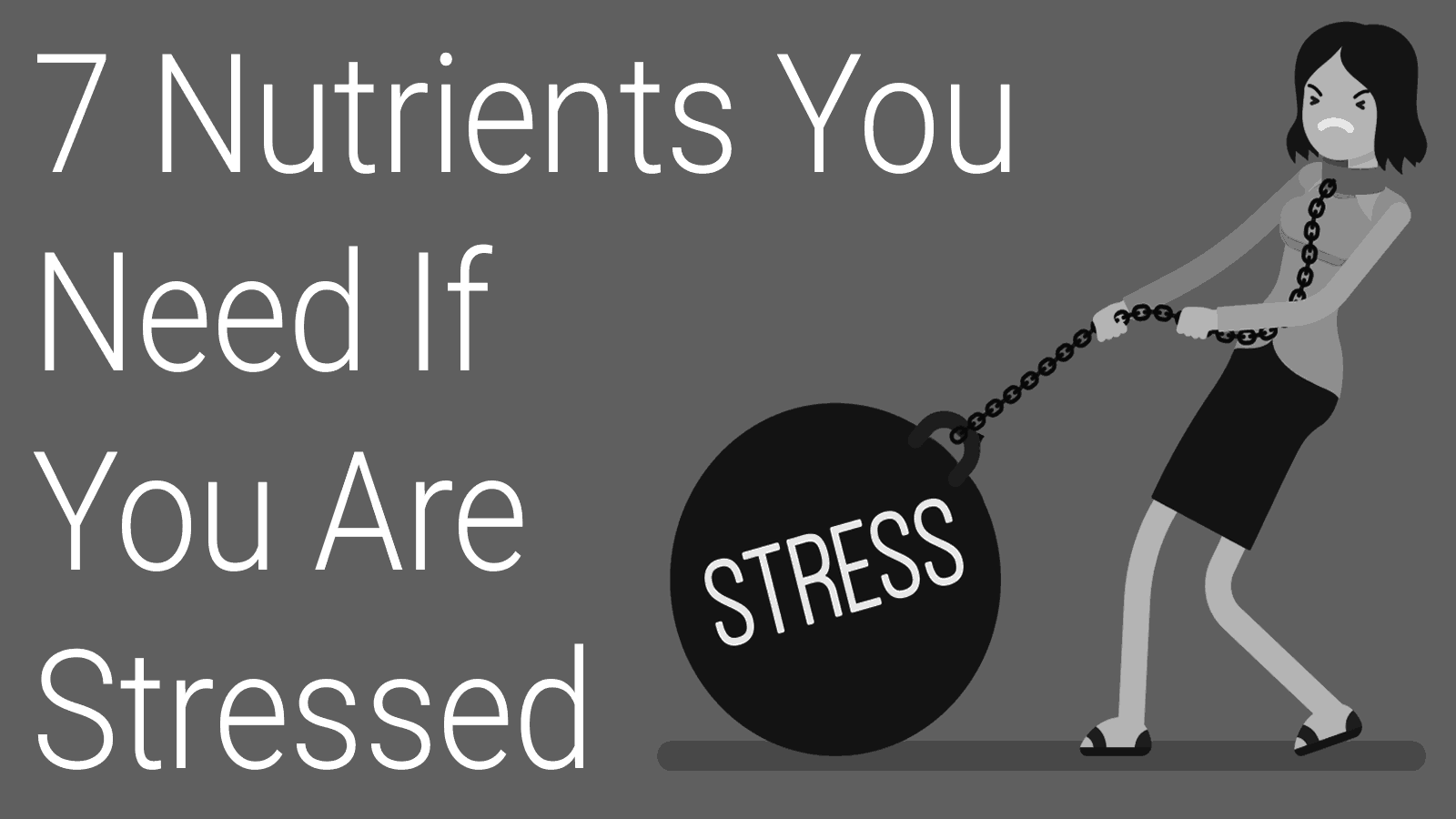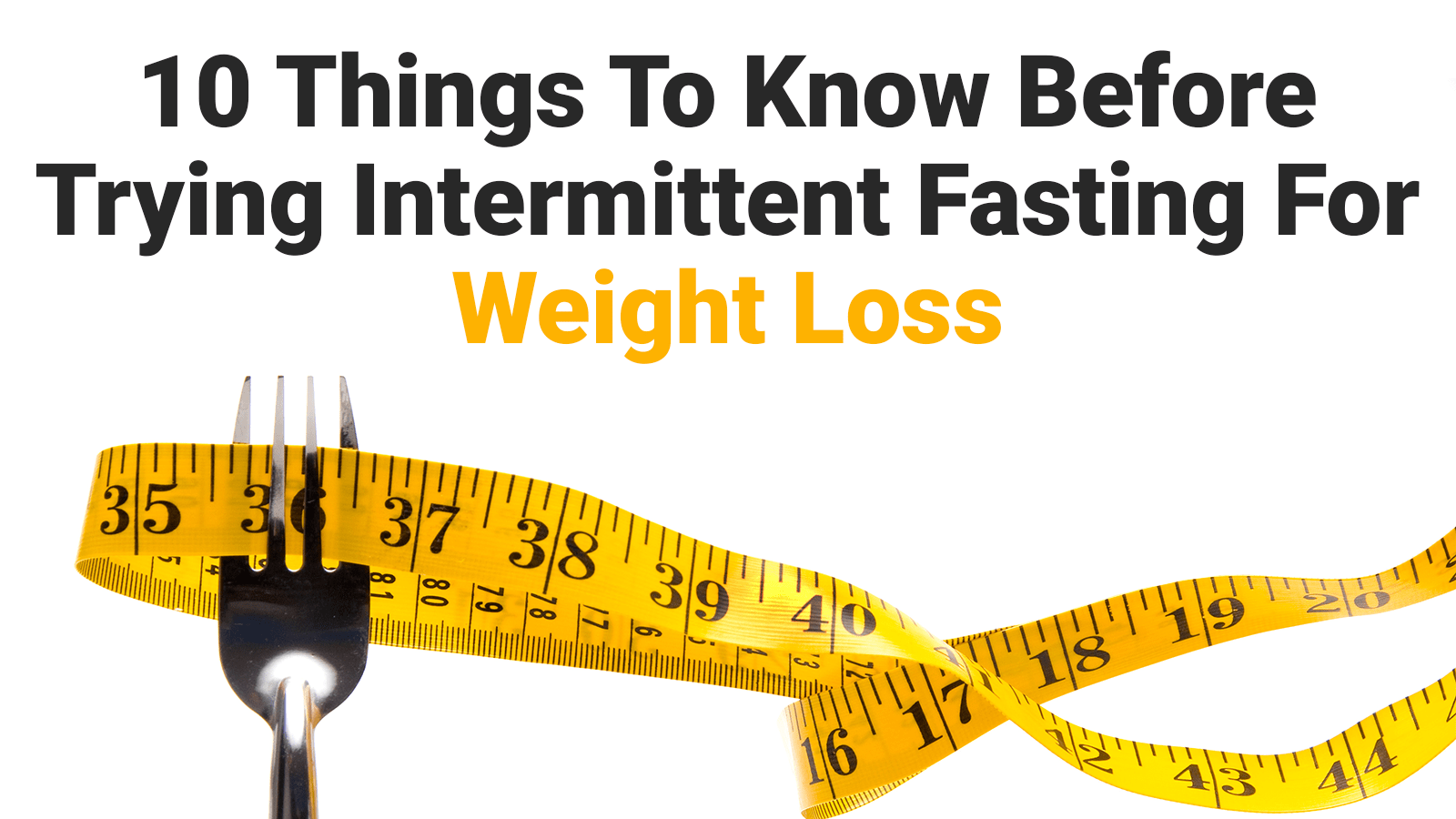To do great things, you must have one thing above all else – confidence. Confidence in yourself and in your abilities can help to get you further in life than knowledge and skills can on their own. But, confidence is a very elusive and rare trait. Building your confidence can start with something as simple as reading inspiring quotes.
Inspiring quotes about confidence can help to give you a boost of confidence during difficult times or when you’re plagued with self-doubt. Many politicians, celebrities, and great thinkers throughout history have contributed their own inspiring quotes so that they can be passed down through the generations to inspire others.
Below, you will find a collection of inspiring quotes to help get you through some of your darker and more troubled periods of life.
1. “Life is ten percent what you experience and ninety percent how you respond to it.” – Dorothy M. Neddermeyer
This quote is a gentle reminder that you have the power to change the outcome of any situation you encounter. This is especially true for situations that don’t seem to work out in your favor. Reacting poorly to a negative experience will only make it worse and harder to recover from. When you experience something negative, take time to process the event before you decide on a response. It’s better to act with a level head than with tumultuous emotions.
2. “What could we accomplish if we knew we could not fail?” — Eleanor Roosevelt
Too many times we are held back from accomplishing great things by a fear of failure. It is said that fear kills more dreams than failure ever could. This is so very true. It’s easy to succumb to the fear that you will fail at a goal, but you must learn to go after your goal or dream as if you couldn’t fail. Only that type of perseverance will give you a sense of accomplishment and fulfillment regardless of whether you’ve achieved the goal. You should never feel like a failure when you’ve given something your all.
3. “Go confidently in the direction of your dreams and live the life you have imagined.” — Henry David Thoreau
The daily frustrations and disappointments of life can begin to build up inside of you and weigh down your heart and your mind. This quote reminds you to keep your eyes on your great dreams. When you lack confidence in yourself, remember why you started your journey. Remember the life that you’re striving to achieve. Don’t be afraid to continue forth in pursuit of your wildest dreams.
4. “Each time we face our fear, we gain strength, courage, and confidence in the doing.” – Theodore Roosevelt
Challenges force you to look at situations from different angles to find a solution. They make you think outside of the box. They put you in a position to draw on inner resources that were previously dormant. Facing what you fear is one of the most difficult challenges you will encounter in your life. It can rob you of the things you hold dear. It can make you run from the things that you desire. You must face what you fear and survive that confrontation. Once you emerge from the conflict, you will be stronger, braver, and more confident in yourself because you’ve faced your fear and survived.
5. “To be yourself in a world that is constantly trying to make you something else is the greatest accomplishment.” — Ralph Waldo Emerson
Television, magazines, and billboards are constantly trying to tell you who you should be in order to fit into society. This overwhelming bombardment of mental and emotional stress can wear down on a person’s self-esteem and self-confidence. This inspiring quote is reminding you that changing yourself to be who society wants you to be is no great accomplishment. To free yourself from the restrictive expectations of society, you must be your true and authentic self. So many people fail to do this during their lifetime. If you manage to cut through all of the expectations the world puts on you, that is a truly great accomplishment worthy of respect and admiration.
6. “We have to learn to be our own best friends because we fall too easily into the trap of being our own worst enemies.” – Roderick Thorp
Treat yourself as if you were talking to your best friend. You may find yourself being your worst critic instead of your most loyal fan. Once you stop being so hard on yourself and start treating yourself with understanding and encouragement, your life will become brighter and your confidence will have room to grow.
These inspiring quotes about confidence will put a smile on your face and a comforting sensation in your soul. To make sure that you can access these inspiring quotes wherever you go, consider writing them down on small pieces of paper and tucking them into your purse or hanging them on your wall at work. Keeping even one of these inspiring quotes with you at all times can give you the boost your self-confidence needs in an instant.













